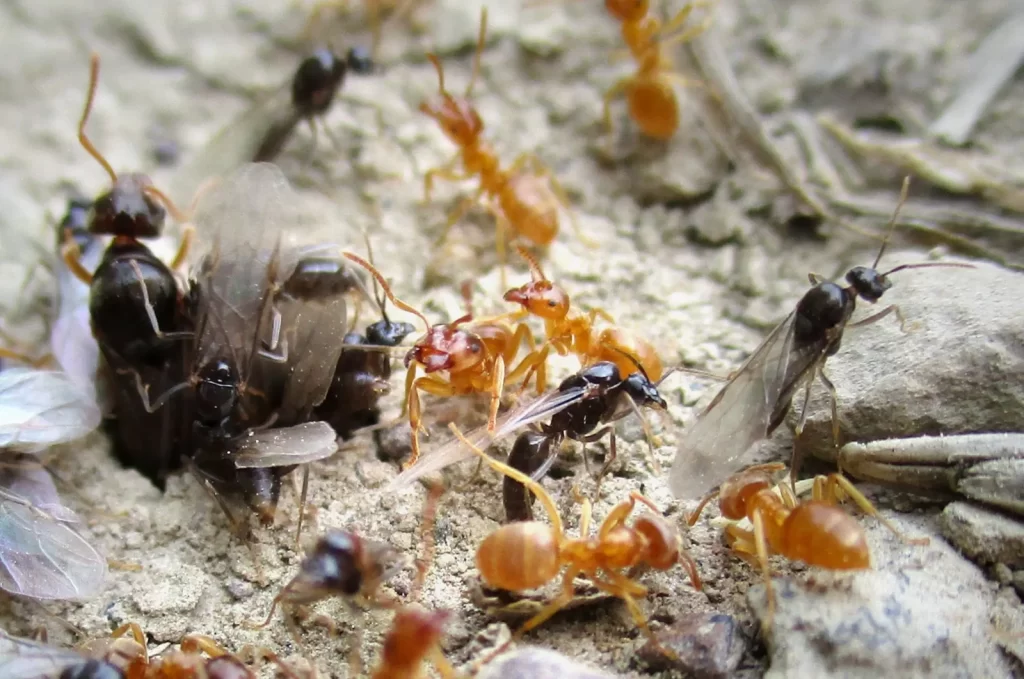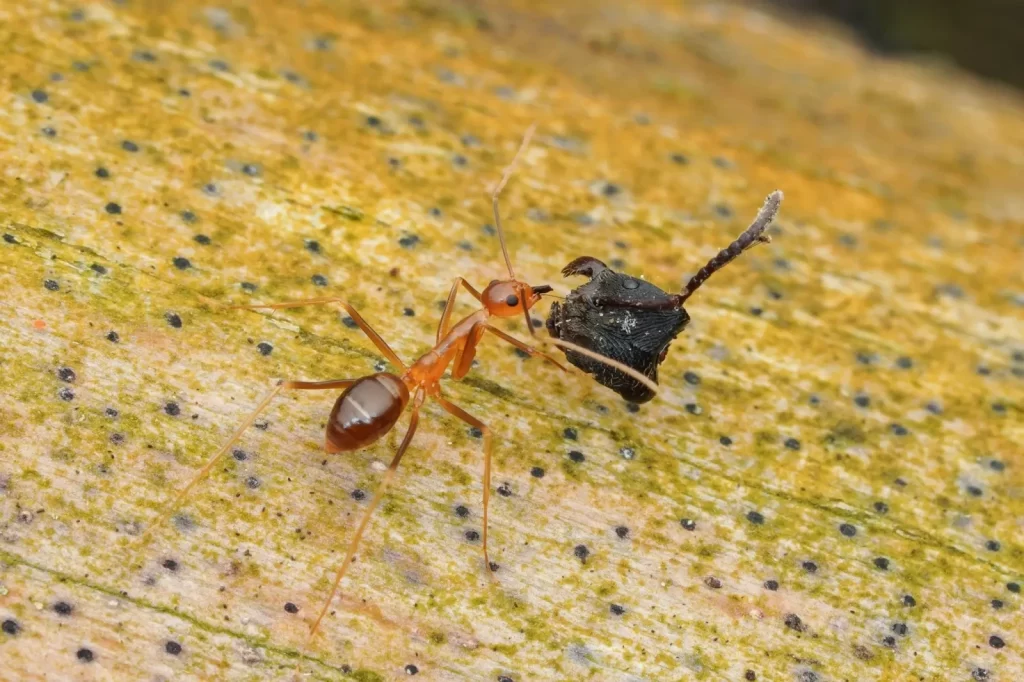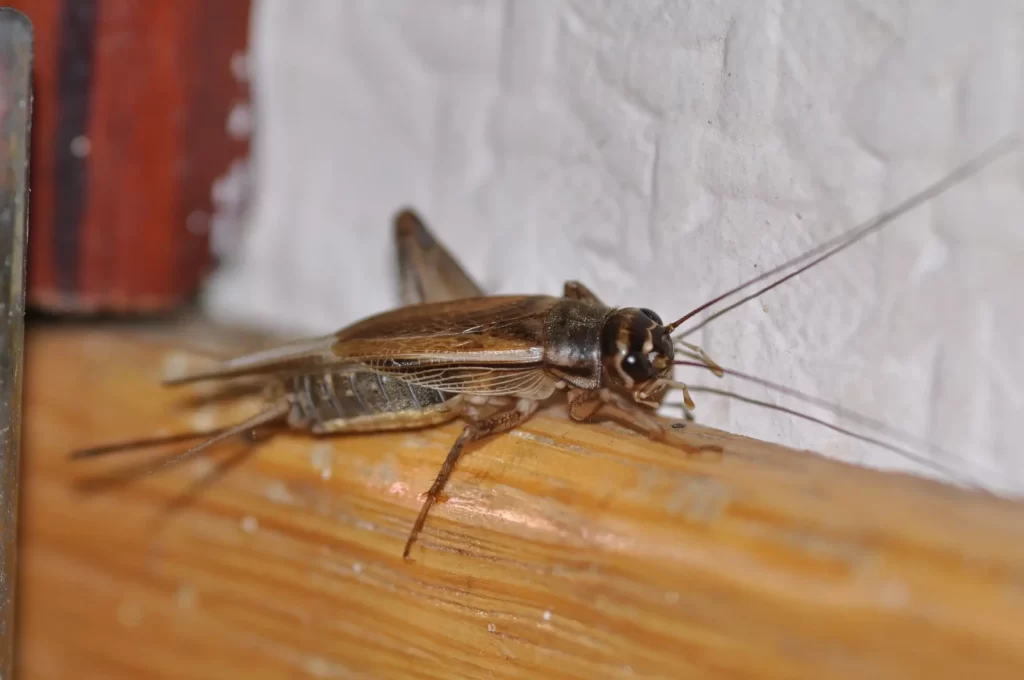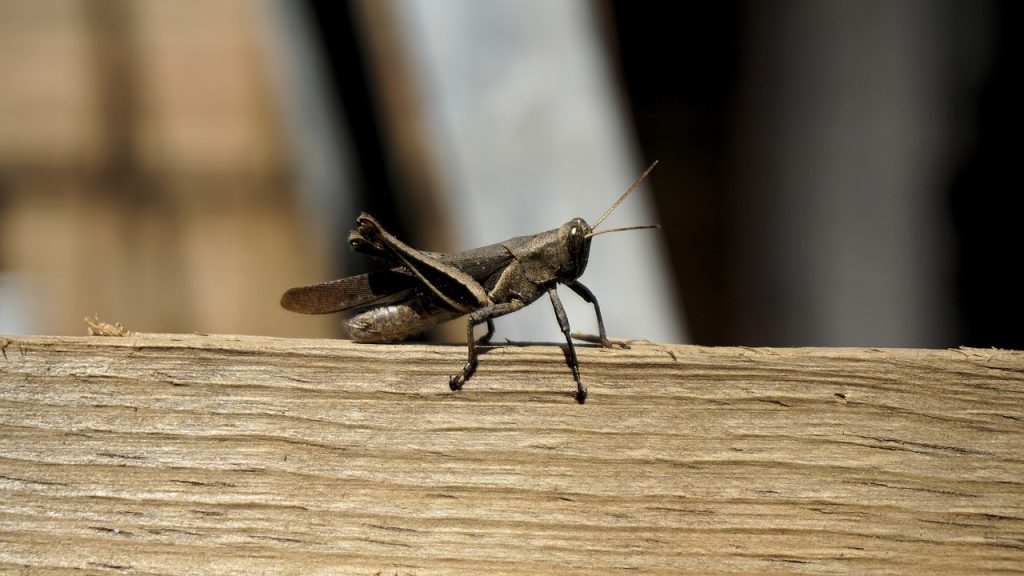Silverfish are pests that seem to linger indefinitely, leading many homeowners to wonder, “Do silverfish ever go away?” These small, wingless insects are known for their silvery scales, fast movements, and love for dark, damp environments. However, understanding their behavior and lifecycle is key to addressing whether they ever truly leave home.
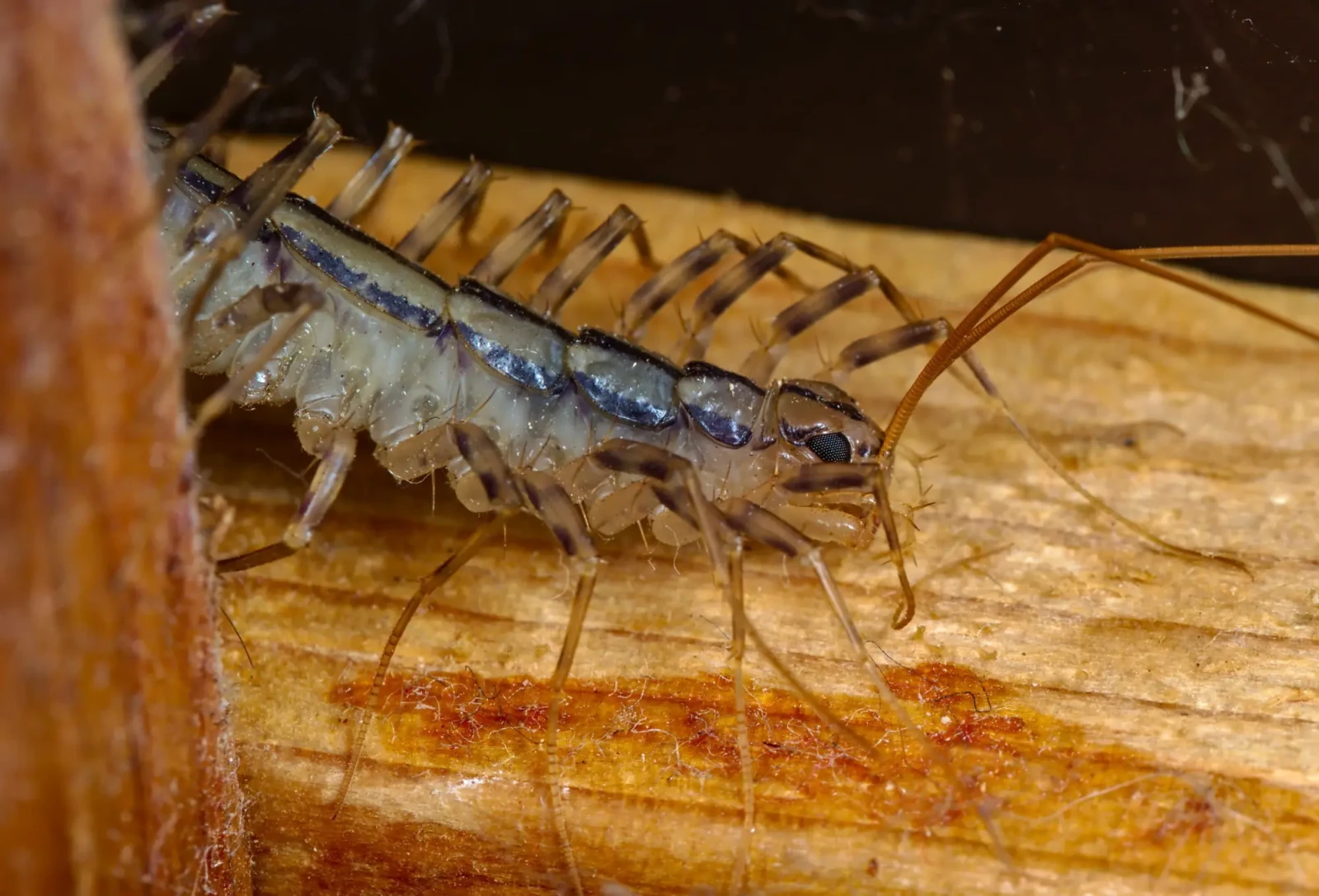
Understanding Silverfish Habits
Silverfish thrive in moist, humid environments. Bathrooms, basements, kitchens, and laundry rooms are prime locations where silverfish can be found. They feed on a variety of substances, including paper, glue, and even dead insects, making them particularly persistent pests. These conditions can make it challenging to get rid of silverfish, as they are well-suited to survive in the average home. Because silverfish are nocturnal, they often go unnoticed until their population has grown. Silverfish hide in tiny gaps and also contribute to their survival in a household. Therefore, simply waiting for silverfish to go away on their own is unlikely to be effective.
Why Silverfish Are So Persistent
Silverfish are incredibly resilient. They can survive for a long time without food, sometimes up to a year, making them difficult to eradicate through starvation. Additionally, their lifecycle contributes to their persistence. Silverfishes have flat bodies that allow them to fit into small spaces, making it difficult to detect and remove all of them. This persistence often requires a multi-faceted approach to control and prevention.How to Get Rid of Silverfish
While silverfish might not “go away” on their own, there are several effective strategies to reduce and eliminate them from your home:- Reduce humidity: Silverfish thrive in humid environments, so one of the most effective methods to discourage them is by reducing humidity levels in your home. Use dehumidifiers in problem areas and ensure proper ventilation in bathrooms and kitchens.
- Seal cracks: Silverfish can enter your home through tiny openings. Seal any cracks or gaps to prevent their entry.
- Keep food covered: Silverfish are attracted to starchy materials like paper, cardboard, and certain fabrics. Store these items in sealed containers, and reduce clutter where silverfish might hide and feed.
- Regular cleaning: Frequent vacuuming and cleaning are required to help remove food particles and silverfish eggs, reducing their population.
Myths and Facts About Silverfish in Homes
| Myth | Fact |
| Silverfish only infest dirty homes | Silverfish can inhabit any home, regardless of cleanliness, as long as moisture is present. |
| Silverfish bite humans | Silverfish do not bite; they may damage items like books and wallpaper by feeding on them. |
| Silverfish are a sign of a larger pest infestation | Silverfish infestations are usually isolated, though they may indicate high humidity. |
| Silverfish are dangerous and carry diseases | Silverfish are not harmful to humans and are not known to transmit diseases. |
| Once silverfish are gone, they won’t come back | Without addressing the underlying conditions, silverfish can easily return. |
